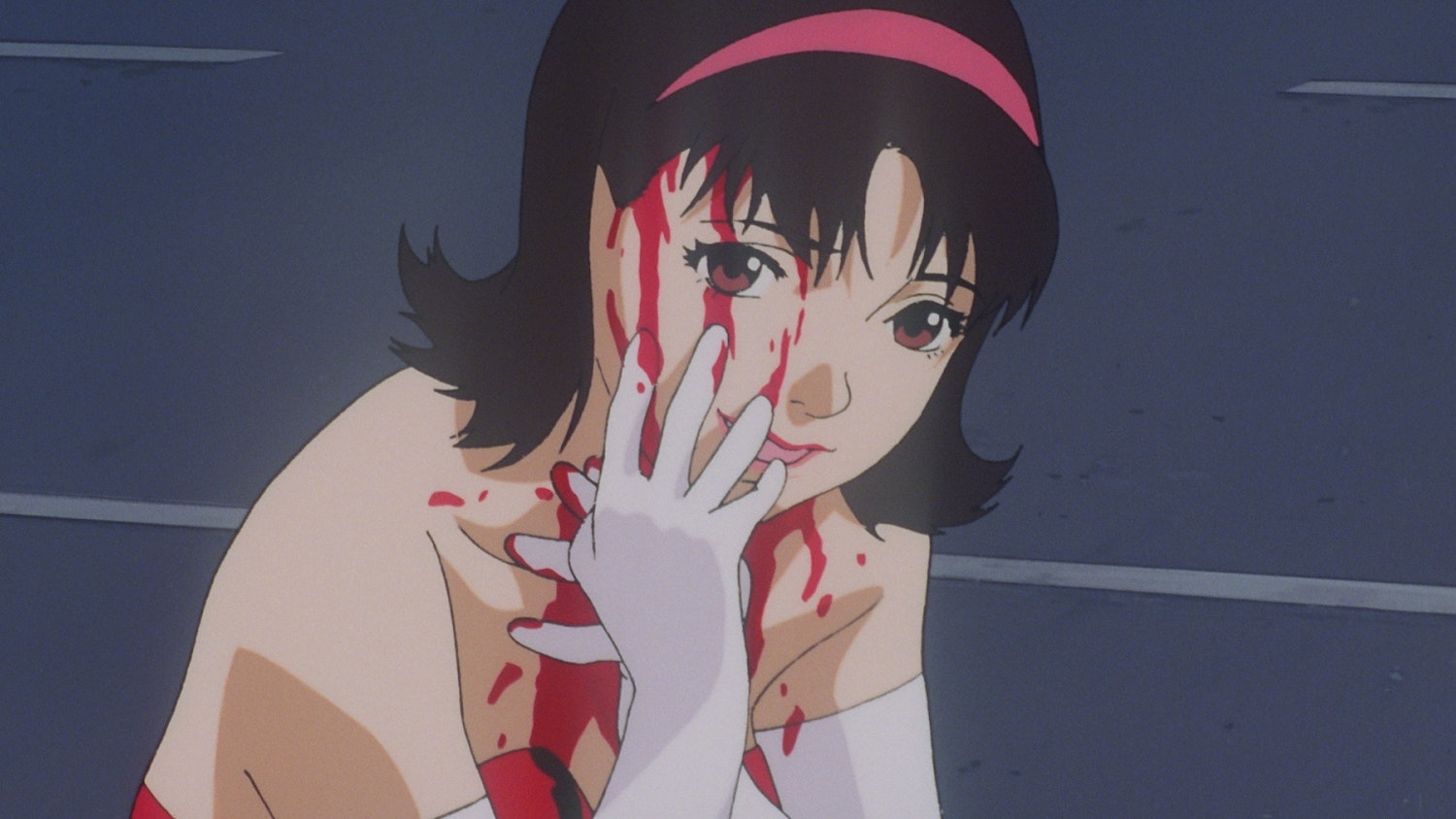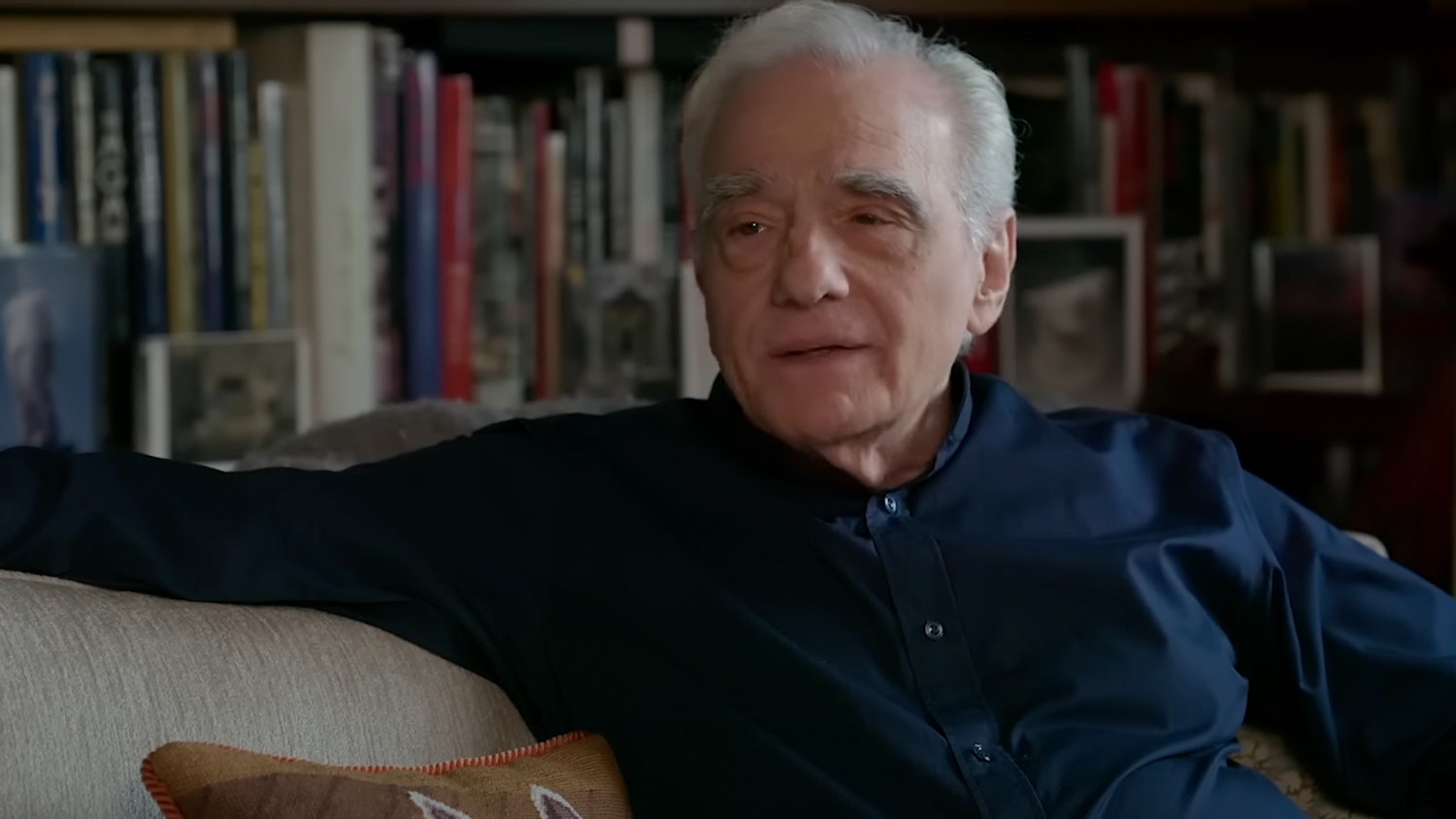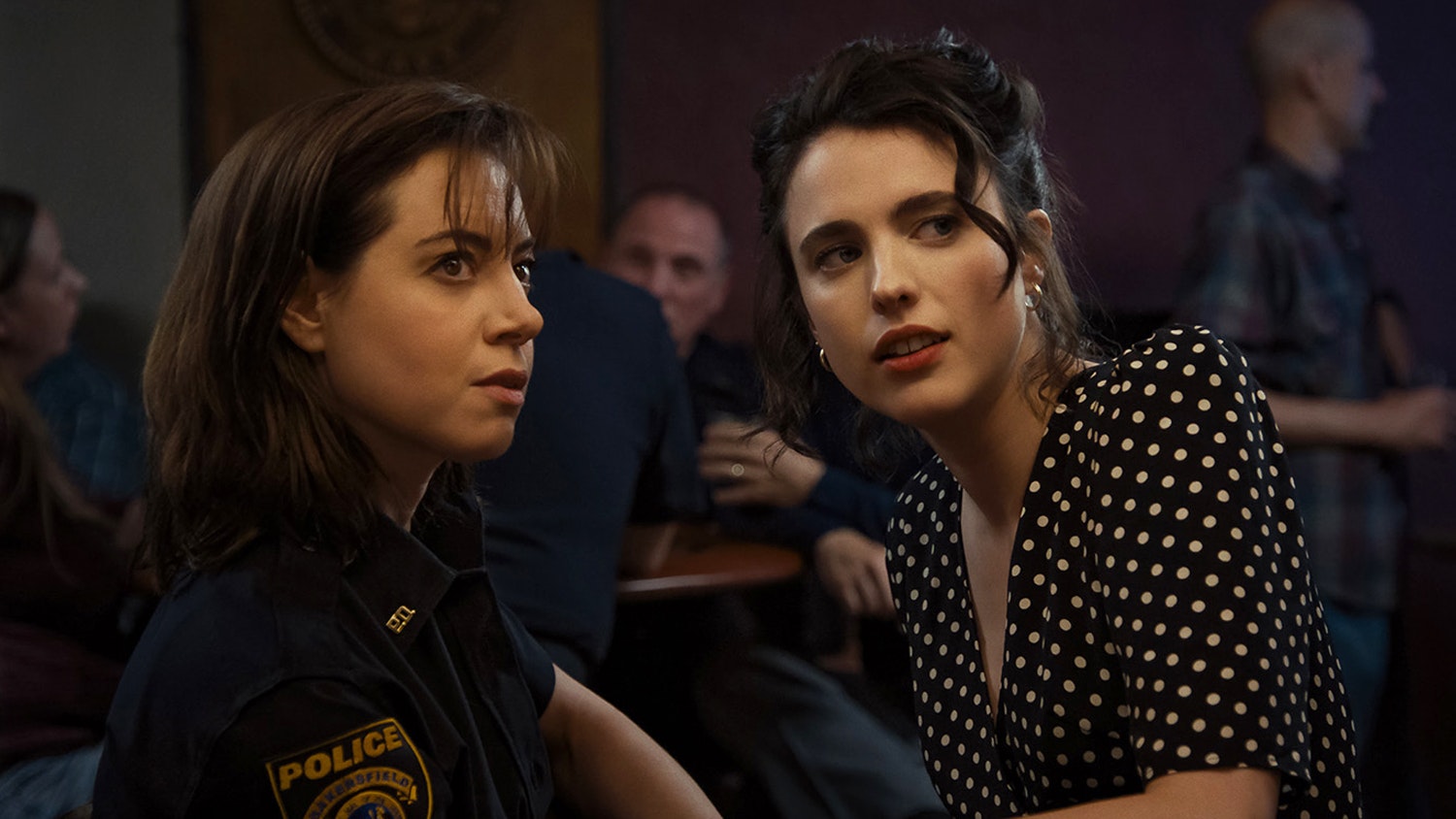Robert Redford Was Hollywood’s Fairytale Prince Of Cinema – His Loss Feels Deeply Personal
A sudden flurry of texts and DMs from friends – sending love, sad emojis, and...

A sudden flurry of texts and DMs from friends – sending love, sad emojis, and sincere condolences – arrive on my phone. It’s touching, and a little bit funny: Robert Redford, golden boy of American film and the one of the greatest 20th century movie stars, has passed away aged 89. And people are texting me like it’s a personal loss. “You’re the first person I thought of,” is said to me repeatedly. It’s surreal.
It’s no secret that I love Robert Redford. But so many people did. There’s been a heartwarming outpouring on social media of lovely stories of his personal generosity and integrity, of affection for his screen talent, in awe of his killer style and appreciation for his legacy with The Sundance Institute. But OK: I love love him. My friends used to make fun of me about it. I’m a film professional, and my teenage-style adoration of him has always felt a tiny bit embarrassing, frankly. I will watch a Redford movie – even the lesser ones – anytime, anywhere. For a long time, he was the lockscreen on my phone.
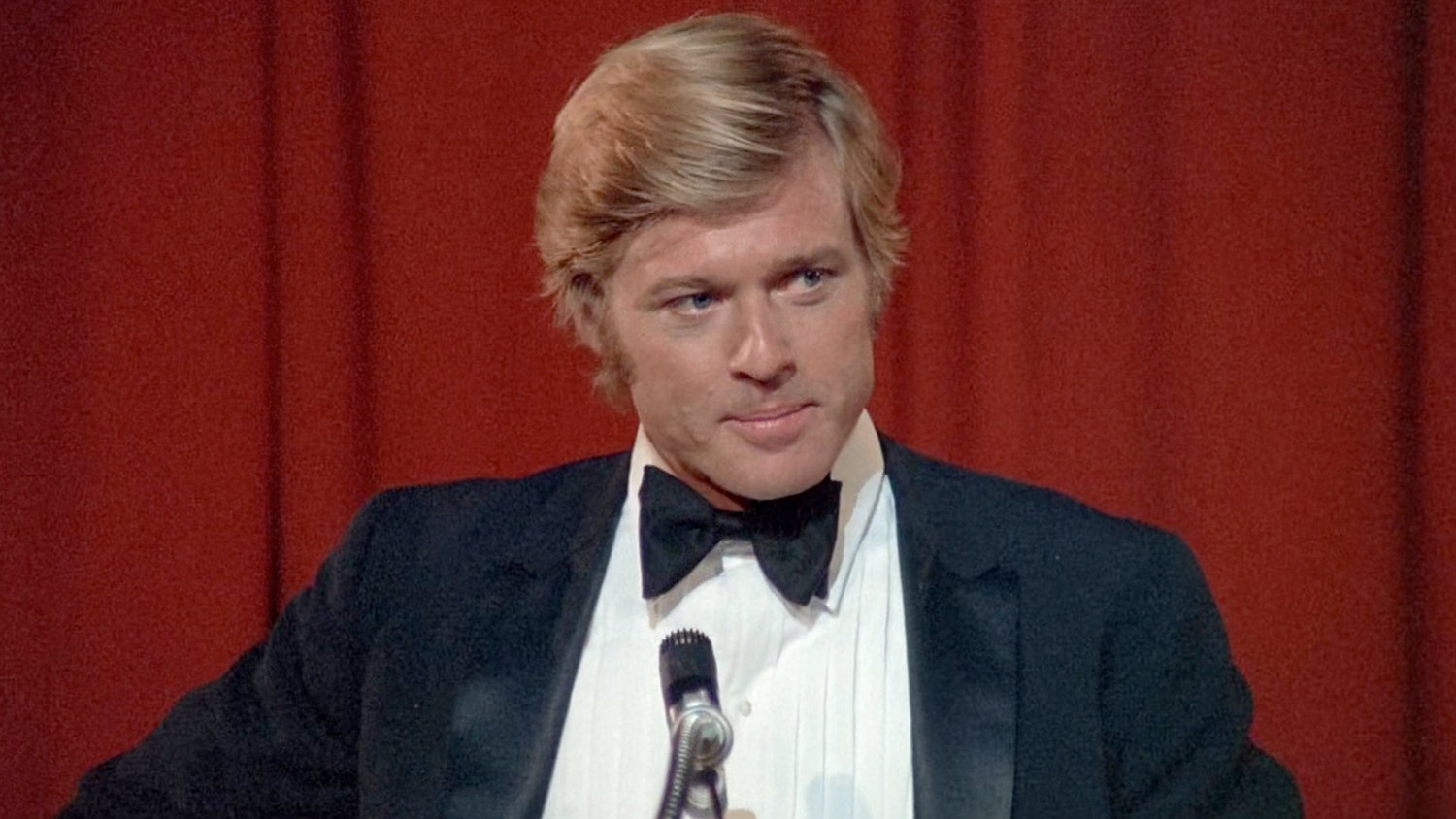
His long list of merits need little explanation. Effervescent and earthy at once, with his uninsurably good head of tawny hair and ridiculous handsomeness, Redford was born a WASP Californian and natural athlete. In a generation of less traditional-looking leading men of the 70s, he was old-school. And yet his place in American film is more complex, more questioning, than that patrician wholesomeness might suggest. He could have carried on playing into nostalgia, simply harking back to Americana of the square-jawed 40s football jock. Instead, he played the mean, pinched Olympic skier of Downhill Racer, the vicious bounty hunter in formerly blacklisted communist writer-director Abraham Polonsky's Tell Them Willie Boy Is Here, and a superficial liberal mouthpiece politician in The Candidate. At every turn in the decades to come, he displayed his dedication to liberal politics, standing with indigenous people, fighting to protect the environment, and mentoring a generation of independent artists with his founding of the The Sundance Film Festival. He personifies something aspirational to me; something about an America long vanished both politically and cinematically. It was a sentiment that costar and friend Jane Fonda so rightly put when she said of his passing: “He stood for an America we have to keep fighting for.”
There was always something comforting about him. About his way of moving through the world.
I have often watched Redford’s movies when most in need of uplift, a life raft, a place to hide. I saw in his golden idealistic looks – unreachable, immaculate – something solid, something so certain and safe in its reliable beauty, its solid but gentle masculinity. His appeal has never been approachable, and yet there was always something comforting about him. About his way of moving through the world. I think it comes from his combination of reserve and sensitivity, his roving curiosity but firm, assured sense of self, whether as a reclusive mountain man in Jeremiah Johnson, or a cynical billionaire in Indecent Proposal, or a weathered, desperate sailor in brilliant late-career actioner All Is Lost.

In the many pieces I’ve written on him and his films, I’ve often called Redford a fairytale prince of cinema, and to me, that gets to the heart of the matter: I’m not sure why or how his fundamental decency and rugged leonine beauty feel like such a port in the storm to me, but they do. His laughing face opposite Newman as the Sundance Kid, leaning down from his horse with a conspiratorial wink; his hair brushed off his head on a city street at the end of The Way We Were. These moments feel burnished, unnaturally touching because of his presence. He is a gravity-shifting star in the truest sense.
In 2018, I had the cosmic good luck of meeting him for a brief interview at a Toronto junket for his brilliant crime caper The Old Man & The Gun. It was hard not to feel like my brain was being rewired. The enormity of it was almost too much. He responded to my fluttery nerves with such kindness, asked me about my background and greeted me in Greek, took a photo with me and held me close enough that I have – sorry, this is very gauche – spent years talking to my girlfriends about it. For the first and only time in a career of interviewing famous people, I got in the lift of the hotel afterward and cried.
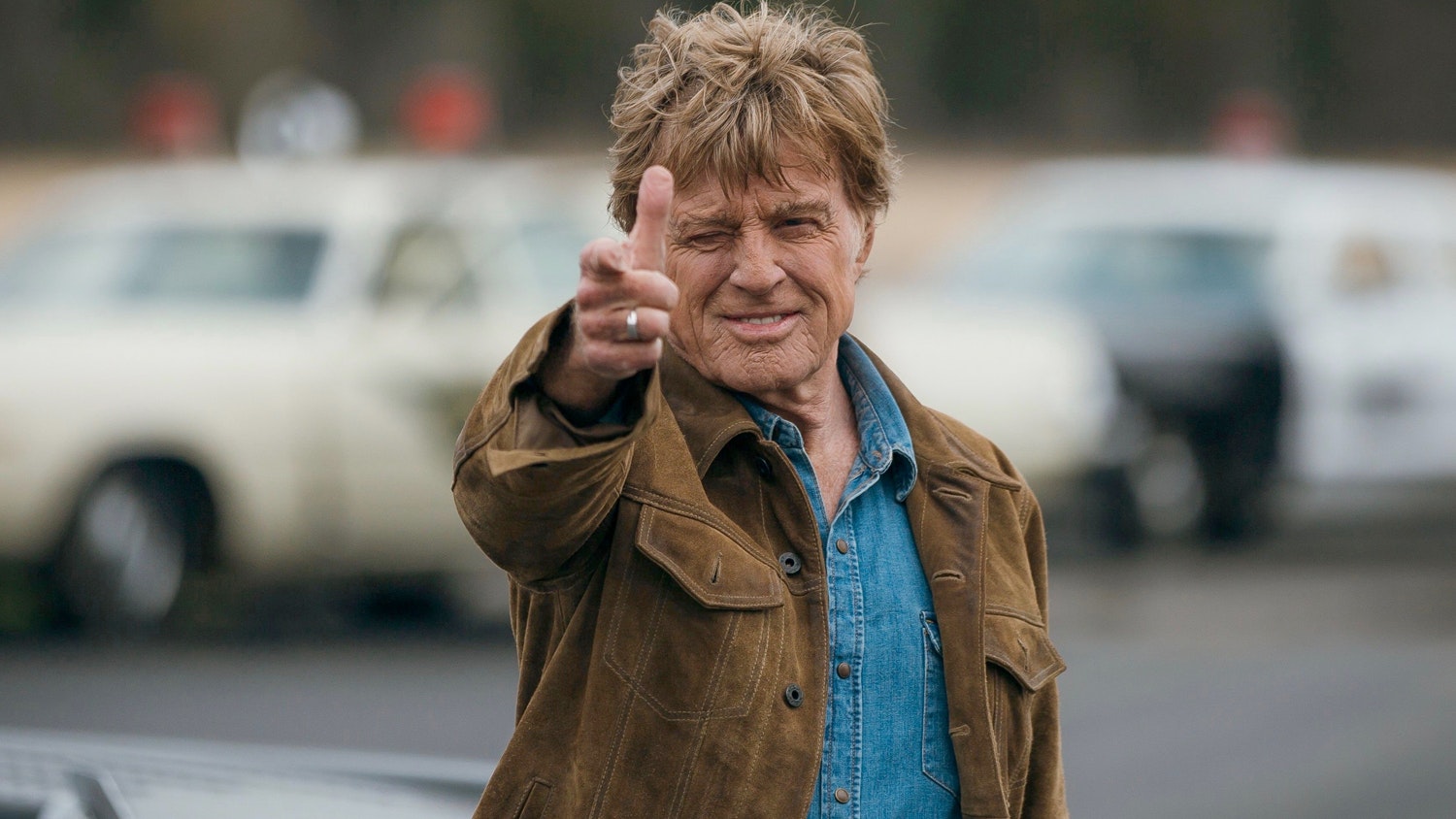
How could I help it? Real life had touched the fantasy, or vice versa - like some version of the romantic matinee idol of The Purple Rose of Cairo had sprung fully-formed in front of me. If, like me, you’ve spent your life watching and loving old stars - or ones who are long departed already - you may know this feeling. Sure, you might say it’s not ‘personal’ – it’s collective mourning for a public figure who was meaningful to many. And yet it is deeply personal, as any young woman during Beatlemania might have told you.
These loves colonise parts of us, and we claim our own ownership on them. We grow up with movie stars like Robert Redford, and their films – they form our tastes, we share them with our mothers and grandmothers, and we laugh at having a crush on a man that our granny fancied, too. Some things are eternal. Robert Redford is one of them.
What's Your Reaction?









